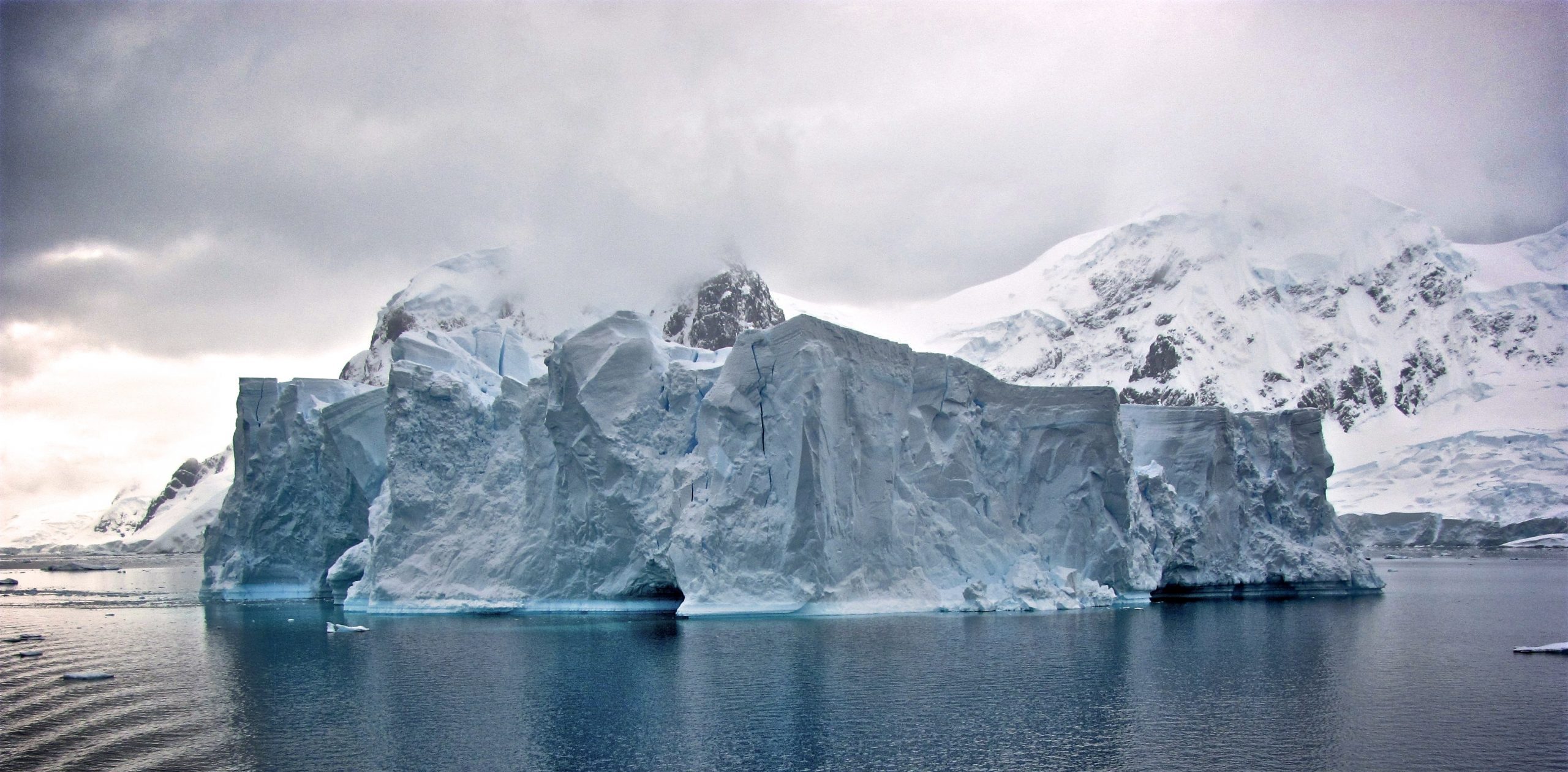Antarctic ocean currents are slowing down, which is a disaster for the climate

The rapid melting of Antarctic ice is causing deep ocean currents to slow dramatically and could have a devastating effect on the climate, a new report warns. Deep water currents that drive ocean currents could shrink by 40 percent by 2050, a team of Australian scientists says.
Currents carry vital heat, oxygen, carbon and nutrients around the world. Previous research has suggested that a slowing of the North Atlantic Current could cause Europe to cool. The study, published in the journal Nature, also warns that the slowdown could reduce the oceans' ability to absorb carbon dioxide from the atmosphere.
The report describes how Earth's network of ocean currents is driven in part by the downward movement of cold, dense salty water near Antarctica. But as the fresh water from the ice cap melts, the seawater becomes less salty and dense, and the downward movement slows.
These deep ocean currents in the northern and southern hemispheres have been relatively stable for thousands of years, scientists say, but are now being disrupted by a warming climate.
"Our modeling shows that if global carbon emissions continue at their current rate, then Antarctic currents will slow by more than 40 per cent over the next 30 years – on a trajectory towards collapse," said study leader Professor Matthew England.
"If the oceans had lungs, this would be one of them," said Prof. England, an oceanographer at the University of New South Wales in Sydney.
A 2018 Atlas study found that the Atlantic Ocean's circulation system is weaker than it has been for more than 1.000 years and has changed significantly over the past 150 years. The study implies that changes in the conveyor belt-like Atlantic meridional overturning circulation may cool the oceans and northwestern Europe and affect deep-sea ecosystems.
Scientists spent 35 million hours over two years producing models that suggest deep-water circulation in Antarctica could slow at twice the rate of decline in the North Atlantic.


